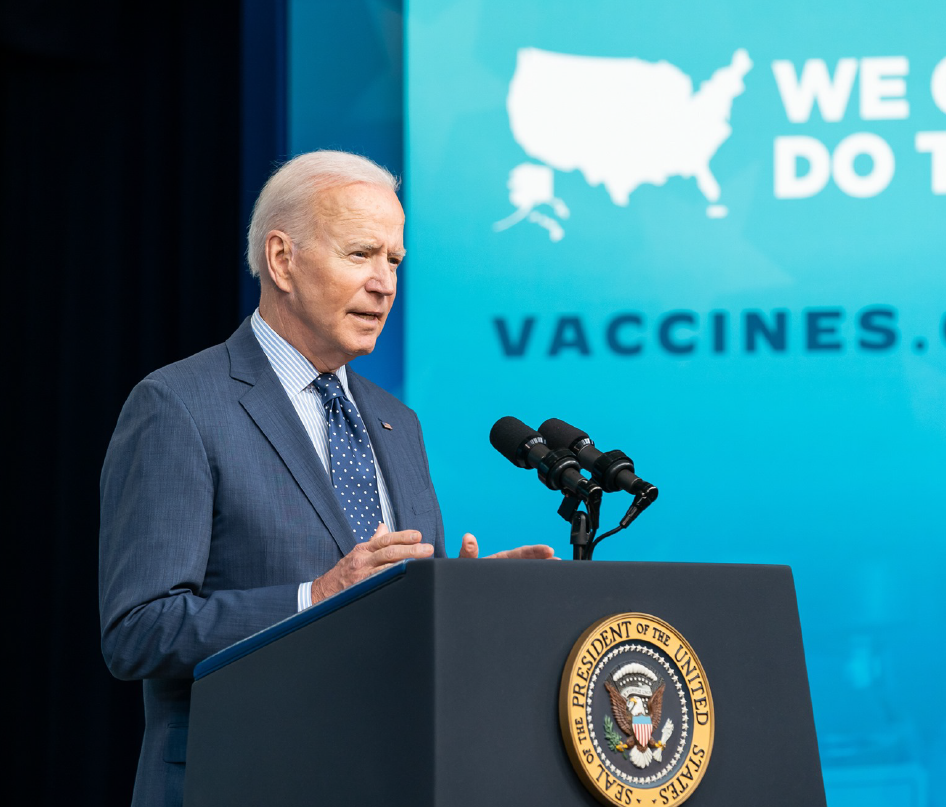Last week, U.S. President Joe Biden convened world leaders from governments, multilateral organizations, members of the private sector and non-governmental organizations, for a Global COVID-19 Summit. The summit was a rallying call for leaders to increase their efforts to end the COVID-19 pandemic and commit to a new response plan. Innovation will remain critical to achieving the desired outcomes.
The leading session of the summit focused on vaccinating the world. The Biden Administration’s plan calls for an increase of vaccine production and donations, as well as improved delivery and better administration to countries. As we have seen, an effective, equitable pandemic response must comprehensively address the true issues driving global vaccine inequities and uphold robust intellectual property (IP) protections to ensure innovators can continue to deliver needed solutions. Public and private sector innovation and collaboration – supported and protected by IP – is necessary to turn such plans into reality.
Similarly, the second session focused on saving lives now. Participants discussed ways to mitigate transmission, such as expanded testing and oxygen support. Additionally, last-mile challenges were in the spotlight, with participants committing to increase investments in health systems, infrastructure, and the workforce needed to administer vaccines and treatments on the front lines.
The third and final session centered on recovery and preparedness for future pandemics. The European Union-U.S. vaccine partnership was one effort announced that helps work toward this end, as one of the pillars is focused on global health security. In addition, another pillar supports building up regional vaccine production through the coordination of investments in regional manufacturing capacity with low and lower-middle income countries. IP will be crucial to this capability building plan, as it allows for technology and knowledge transfer through patent licensing and other means.
As the world rallies to end the coronavirus pandemic, leaders have spoken at length about the best approach to end this deadly outbreak. Unfortunately, we have seen misguided advocacy efforts suggest that the only way to achieve this goal is to waive the very IP rights that helped create vaccines and therapies to combat COVID-19 in the first place. The Global COVID-19 Summit recognized the astounding contributions made to date that have were supported by a strong innovation ecosystem. By focusing on the real barriers to ending the pandemic and continuing to invest in innovation, leaders can achieve the plans laid out and improve global health.
“An effective, equitable pandemic response must comprehensively address the true issues driving global vaccine inequities and uphold robust intellectual property protections to ensure innovators can continue to innovate.”


